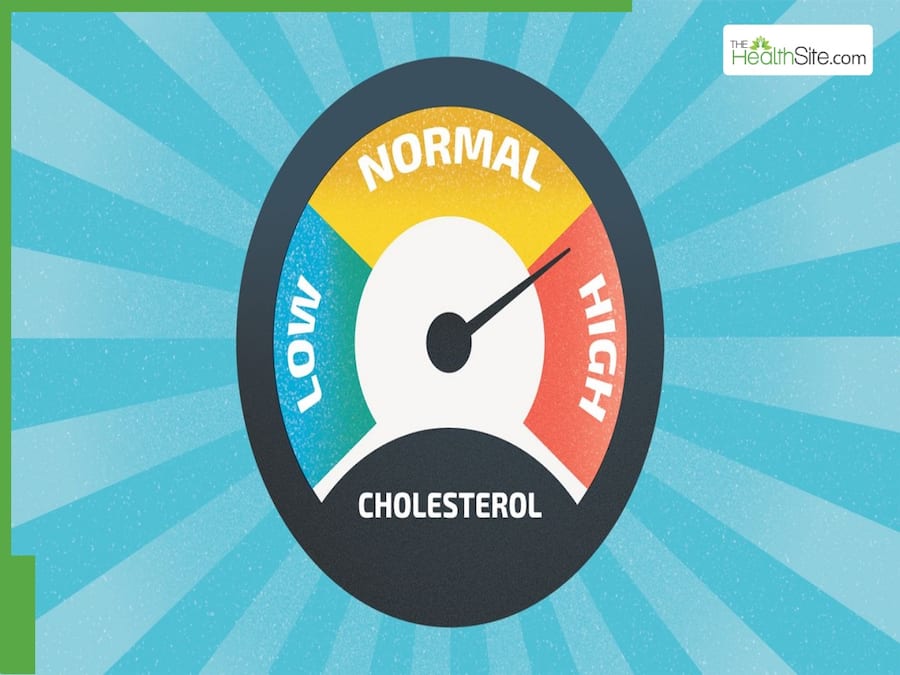Maintaining heart health is an ongoing process that benefits from a personalized approach.

It is crucial to discuss heart health, a critical factor in overall well-being. In India alone, CVDs were responsible for 4.77 million deaths in 2020. Traditionally, heart diseases have been approached with a one-size-fits-all approach, which often overlooks individual differences. By taking a personalized approach, we can better address each individual’s unique needs and improve heart health outcomes.
Understanding Your Risk And Setting LDLC Goals
LDLC, usually named “bad cholesterol,” greatly affects heart health. For instance, those with severe conditions like heart disease or diabetes should aim for LDLC levels below 55 mg/dL. Setting these personalized targets helps manage heart health more effectively.
Dr Preeti Gupta, Professor, Safdarjung Hospital, Delhi, emphasizes, “Effective cholesterol management necessitates a tailored approach, as each patient’s LDLC targets and risk factors are distinct. Tailoring treatment plans to these individual targets can lead to significantly better outcomes. For example, 47% of patients recover faster and have better outcomes when their treatment is customized to their needs and circumstances. Regular cholesterol screenings are critical in identifying these targets and adjusting treatments.
Why Personalized Care Matters
- Personalized care means treating each person based on their unique needs. For instance, a patient with high LDLC levels and a family history of heart disease might need more than just standard cholesterol-lowering treatments. A personalized plan considers factors like genetics, lifestyle, and specific risk categories to set an appropriate LDLC target.
- Often, achieving these targets involves more than just lifestyle changes. Combination therapy uses a mix of medications specific to LDLC goals. Thoroughly following these plans and medications is vital, and personalized care allows doctors to adjust treatments based on how patients respond, thereby improving results.
Elements Of Personalized Heart Health Plans
A good, personalized treatment plan for heart health includes:
- Medications: Lifestyle changes alone are insufficient so medications may be necessary. A customised plan determines the right type and dose of medication for each patient to meet their unique LDLC goals.
- Lifestyle changes: Essential changes include improving diet, increasing exercise, and managing stress, such as creating a workout plan to improve cardiovascular fitness without overexertion.
- Communication with your doctor: Open communication ensures that you understand your treatment plan, feel supported, and are more likely to adhere to the regimen.
Conclusion
Maintaining heart health is an ongoing process that benefits from a personalized approach. By understanding your risks and following a tailored treatment plan with your unique LDLC targets, you can better manage heart disease and improve your overall health. Remember, your heart health is your responsibility.






